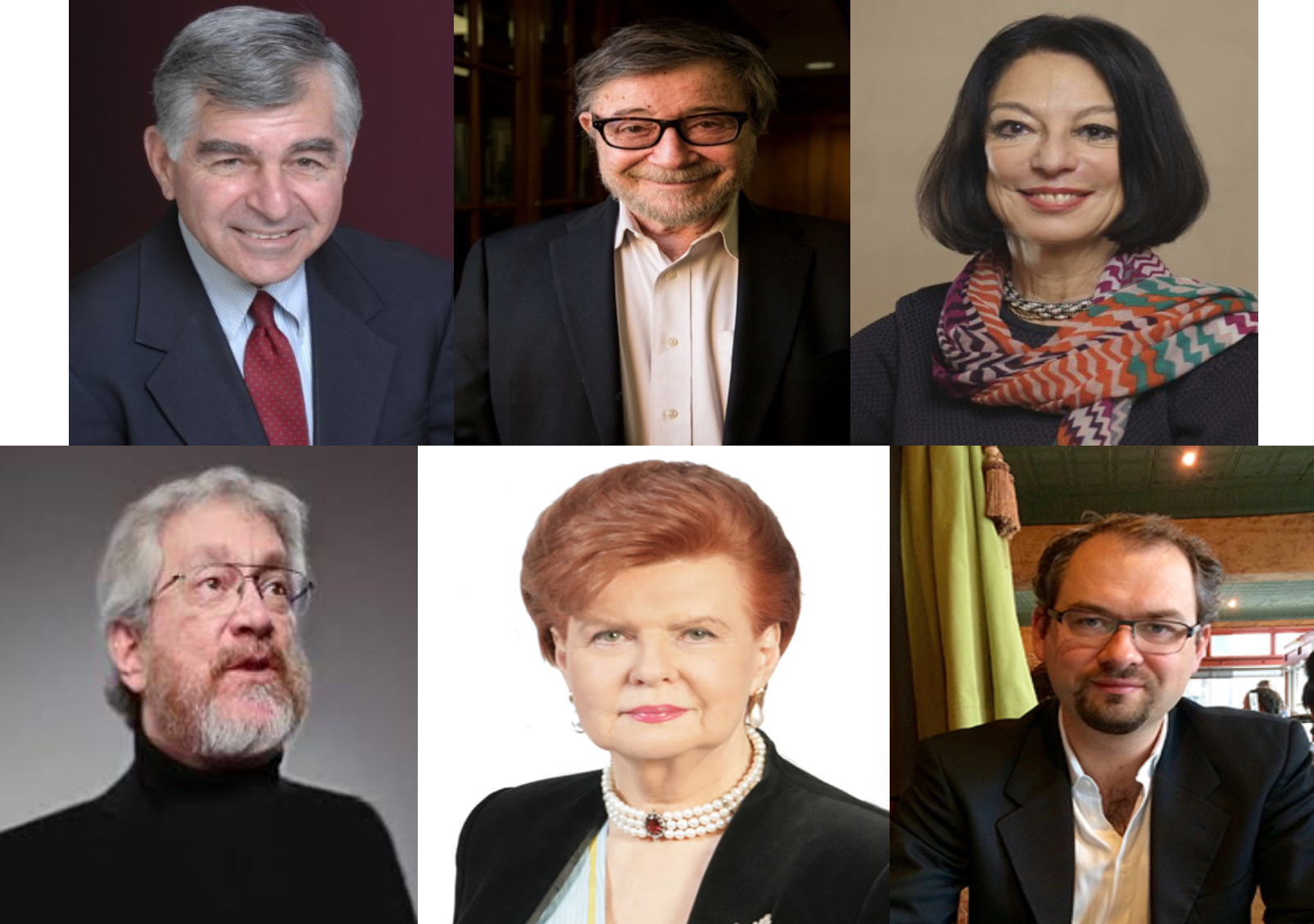
by Admin | Jun 4, 2020 | Chronicles
I. Scope: includes 3 fields
- Ideas, Theories, Concepts, and Methodologies for AI through applying AI.
- Inventions and Innovations in AI science and technology.
- AI applications, iniatives in politics, governments, society, economy, business, industry.
Types of contents: documents, pictures, video, voice, evidences, products, software, apps, stories etc.
II. Criteria to identify events, figures, achieveents as historical significances in the AI Chronicle: they are either 1. Meaningful, influential pioneer (satisfy both 3 requirements: Pioneering, Meaningful, and Influential), or 2. Changing the world.
Here are the details:
1. Meaningful and influential pioneer: they have to satisfy all 3 requirements below
a. Pioneering
Pioneering of meaningful and helpful ideas, theories, methodologies, principles, concepts, initiatives, or applications.
These should be officially announced by press releases of credible organizations, newspapers, or media first, before any other launching in these issues
b. Meaningful and helpful:
Satisfies one of requirements below:
– Creating greater efficiency for politics, government, economics, business, and society with AI.
– Innovating politics, government, economics, business, and society with AI.
– Creating more productivity in life: pioneer products and services to help improve quality of life worldwide with AI.
c. Influence:
Satisfies one of requirements below:
– Connect, deliver, and discuss with top centers of intellectual and high influences such as Harvard, MIT, Columbia, Princeton, Yale, University of Chicago, Brown, University of Pennsylvania, Stanford, Berkeley, UCLA, Cambridge, Oxford, etc.
– Connect and deliver to the UN, governments of G7, OECD, or governments that respect and apply the Social Contract 2020, A New Social Contract in the Age of AI.
– Connect, deliver, and discuss with highly respected leaders, distinguished thinkers, or have them involved in this event or achievement (ideas, concepts, principles, initiative, solutions).
– Coverage by at least two major newspapers, magazine, or media.
– Publish books with publishing companies of high credibility.
– Recommended and introduced at conferences of high credit organizations that respect and apply the Social Contract 2020, A New Social Contract in the Age of AI.
– Applied by governments, or large, worldwide organizations, institutions.
2. Impact on the world:
Achievements or events that changed the world to better or worse.
Eg. the Internet and the Turing Test changed the world; open AI concepts, Deep learning, Bayesian networks changed machine learning.
III. Relation to AI:
They may be directly or indirectly related to AI.
- Direct to AI
Ideas, theories, methodologies, concepts to AI science, technology, governance, governments, politics, society, business, industry, cultures: Turing Test, Bayesian networks, Causality (Causal and Inference), The Book of Why, the Society of Mind of Marvin Minsky, etc.
Concepts, Principles:
Eg. AI World Society, AI-politician (New Zealand), AI-government, AI-citizen.
- Indirect to AI:
Eg. The Internet creates connection between computer systems, increasing computational powers; the smart powers, future of power by Joseph Nye; Stephen Hawking, Max Tegmark, Frank Ramsey.
IV. Process of the AI Chronicles:
Anyone can send historical documents, achievements, events, evidences to AI Chronicles (email: [email protected]). The assistant group will review and arrange, then the History of AI Board will review and identify.

by Admin | Jun 7, 2020 | Chronicles, News
The first event of the AIWS House, the History of AI, is the talk by University Professor of University of Toronto Cheryl Misak.
Professor Judea Pearl, Chancellor’s Professor of UCLA, Turing Award, Member of the History of AI Board, advised and raised questions to discuss with Professor Cheryl Misak.
Professor Nazli Choucri, MIT, Member of the History of AI Board, gave opening remarks and conclusion. Ms. Ta Bich Loan, Chief of Vietnam National Television 3 (VTV3), moderated the event.
Here are some interesting notes from Cheryl’s talk about Frank Ramsey:
Undergraduate thesis: ‘The Foundations of Mathematics
Tried to repair a problem in Russell and Whitehead’s Principia Mathematica and improve on the theory of types. It didn’t win the Smith’s Prize.
He became a Superstar in 4 disciplines, at least:
- Pure Mathematics
- Economics
- Subjective Probability/Expected Utility Theory
- Philosophy
Pure Mathematics:
Ramsey Theory: the conditions under which order must occur
Economics:
Published two papers in Keynes’s Economic Journal
‘A Mathematical Theory of Saving’
‘A Contribution to the Theory of Taxation’
Influence on Artificial Intelligence:
Subjective Probability/Expected Utility Theory
1926, a few years before de Finetti, Ramsey figured out how to measure partial belief; put forward a theory of probability as subjective degree of belief; and showed that rationality could be understood as expected utility.
These results play a prominent role in contemporary economics and Bayesian statistics, as well as much of psychology, artificial intelligence, etc.
Philosophy
Many things are named for him: Ramsey Sentences, the Ramsey Test for Conditionals, and on and on.
The Ramsey Effect: discovering that your exciting and apparently original philosophical discovery has been already presented, and presented more elegantly, by Frank Ramsey when he was 26 years old.
The video of the talk can be found here.
The presentation can be found here.
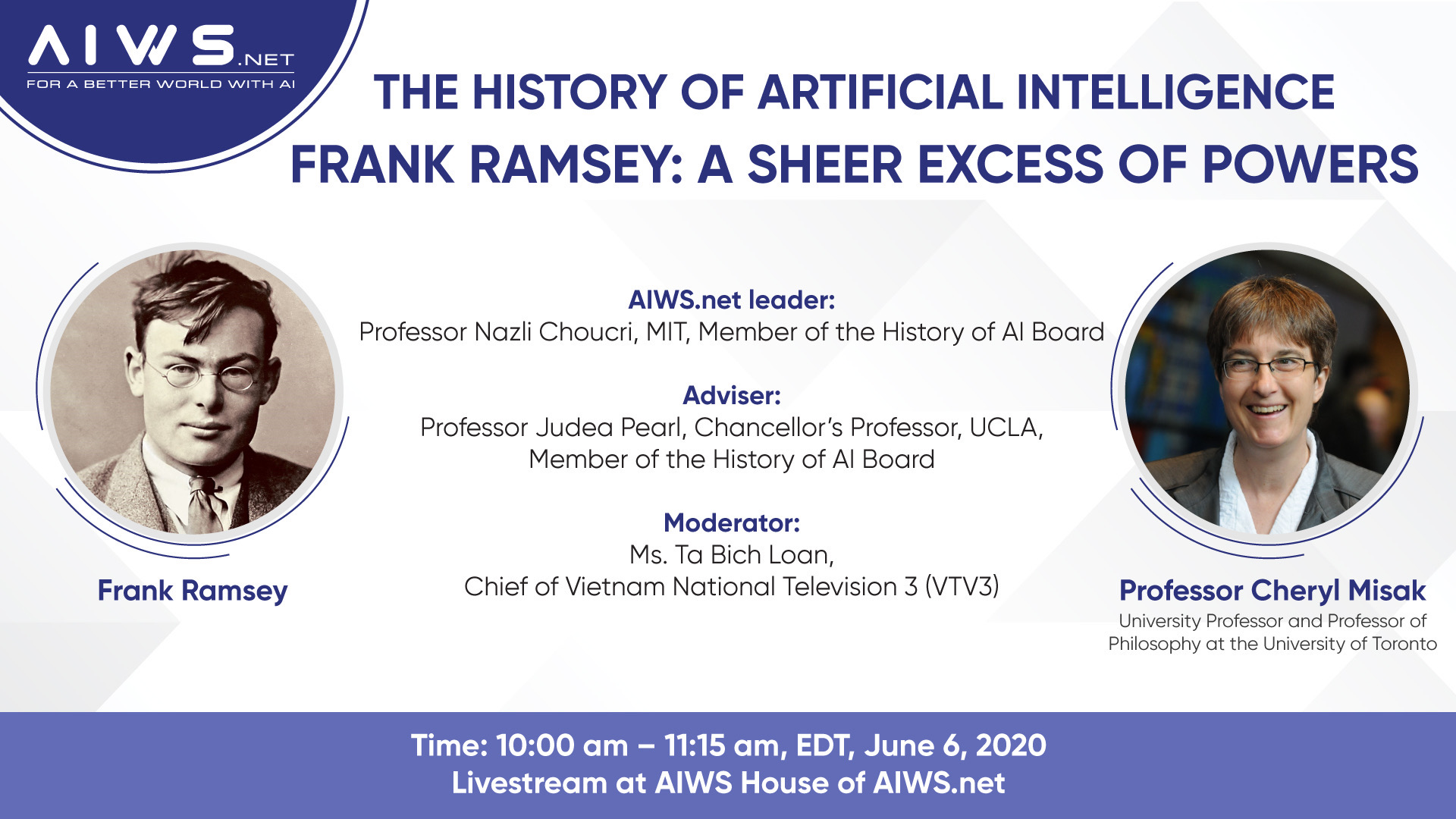
by Admin | Jun 4, 2020 | Chronicles
The History of AI, a part of Michael Dukakis Institute for Leadership and Innovation, starts post content of the AI Chronicle on AI World Society Network (AIWS.net). This content is the AI Chronicle – Open to Feedback: we encourage to receive comments, feedbacks from today June 6, 2020 to June 27, 2020, then the History of AI Board will review, approve and the AI Chronicle – Official will be posted on July 1, 2020. The History of AI Board will review the AI Chronicle biannual. Our approach is open-ended: based on our findings, we will develop research on the History of AI’s criteria, and we are open to invite individuals and organizations to contribute, comment to the project by gathering documents, stories and participating in analysis.
The Artificial Intelligence Chronicle article can be downloaded
here

by Admin | Jun 4, 2020 | Chronicles, News
The Social Contract 2020, A New Social Contract in the Age of AI, sets the foundation for a new
historical chapter: the emergence of AI societies. Governor Michael Dukakis stressed the importance
of studying history to prevent past mistakes from repeating in the present and the future. I value his
insight and would like to add that looking back at history is a way to shape and invent the future. We
should not content ourselves with merely predicting the future; with AI as our tools, we can strive to
innovate and organize it.
With that idea in mind, AIWS.net announced May 5, 2020, a new project—The History of AI—as a
companion to the Social Contract 2020, A New Social Contract in the Age of AI. While many
individuals and organizations study the history of AI already, AIWS will study the field from a
different angle and with a different approach. Our approach will be cross-sectional with the
following structure:
1. Principles, concepts, motivating ideas, methodology, model, and solutions in AI.
2. AI inventions in science and technology
3. AI applications, initiatives in politics, government, economics, and society.
Today June 6, 2020, The History of AI, a part of Michael Dukakis Institute for Leadership and
Innovation, starts post content of the AI Chronicle on AI World Society Network (AIWS.net). This
content is the AI Chronicle – Open to Feedback: we encourage to receive comments, feedbacks from
today June 6, 2020 to June 27, 2020, then the History of AI Board will review, approve and the AI
Chronicle – Official will be posted on July 1, 2020. The History of AI Board will review the AI
Chronicle biannual. Our approach is open-ended: based on our findings, we will develop research on
the History of AI’s criteria, and we are open to invite individuals and organizations to contribute,
comment to the project by gathering documents, stories and participating in analysis.
As a part of the History of AI, the AIWS House organizes talks, seminars about pioneering ideas,
concepts, methodologies, products, historical figures, events, achievements in AI, and presents them
in the AIWS House Online, and physics.
Today, as an event of AIWS House, the History of AI, Cheryl Misak, a University Professor and
Professor of Philosophy at the University of Toronto will talk “Frank Ramsey: A Sheer Excess of
Powers”. The History of AI at AIWS.net sees Frank Ramsey as an AI figure in history, who has
indirect influence on AI, especially in causal inference.
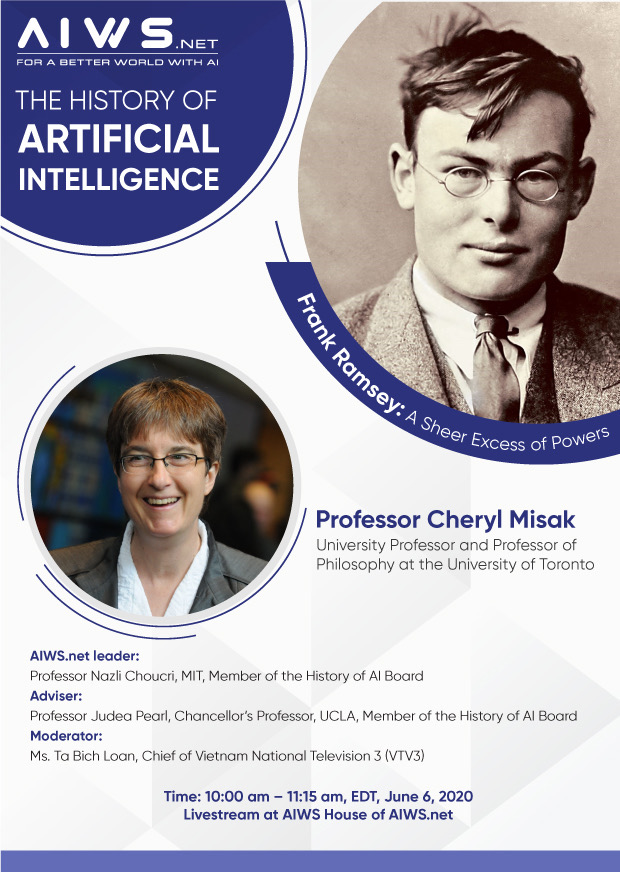

by Admin | May 26, 2020 | Chronicles, News
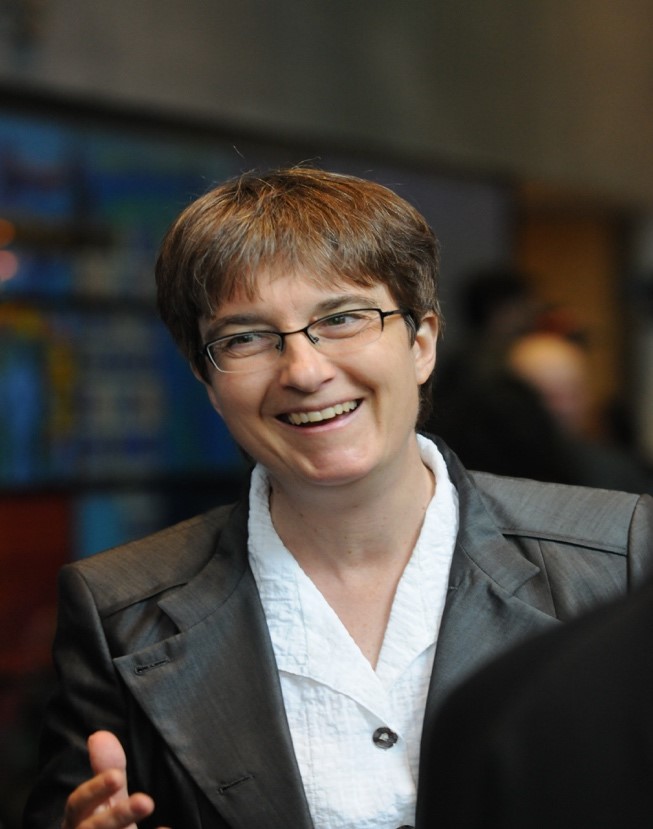
“Frank Ramsey—a philosopher, economist, and mathematician—was one of the greatest minds of the last century. Have we caught up with him yet?” By Anthony Gottlieb
Professor Judea Pearl, Mentor of AIWS.net, said: “Ramsey was definitely one of the clearest forerunners of subjective probabilities and the revival of Bayes statistics in the 20th century, which influenced the 1970-90 debate on how to represent uncertainty in AI systems.”
The History of AI at AIWS.net sees Frank Ramsey as an AI figure in history, who has indirect influence on AI, especially in causal inference.
In late April, 2020, the book “Frank Ramsey: A Sheer Excess of Powers” by Professor Cheryl Misak was published. She will talk about this new book at the History of AI, AIWS.net:
“Stories of Frank Ramsey, A Sheer Excess of Powers”
Time: 10;00 am – 11:00 am, EDT, June 6, 2020
Livestream here
This talk is an event of AIWS House, the History of AI.
AIWS House will host at least one talk a month to discuss historical figures, events, and achievements in AI through online or offline. This is a part of the History of AI at AIWS.net. Moderators will be thought leaders and media leaders. The content of talk belongs to and is recognized as the content of the History of AI at AIWS.net.
Cheryl Misak is University Professor and Professor of Philosophy at the University of Toronto. She works on American pragmatism, the history of analytic philosophy, ethics and political philosophy, and the philosophy of medicine.
Her books include Frank Ramsey: A Sheer Excess of Powers, Cambridge Pragmatism, The American Pragmatists, Truth and the End of Inquiry, and Truth, Politics, Morality.
She has had visiting fellowships or positions at the Goethe University in Frankfurt, the Free University in Berlin, Trinity College Cambridge, St. John’s College Cambridge, and New York University.
In 2013 she completed a long run in academic administration at the University of Toronto, culminating as Vice-President and Provost.
Professor Judea Pearl, UCLA, Member of the History of AI Board, Professor Nazli Choucri, MIT, Member of the History of AI Board, Professor David Silbersweig, Harvard, Member of the History of AI Board, Mr. Nguyen Anh Tuan, Director of Michael Dukakis Institute, Member of the History of AI Board, Professor Mikhail Kupriyanov, Vice President of ETU”LETI”, Russia, Professor Kirill Krinkin, Director of Popov Institute, ETU”LETI”, Mr. Barry Nolan, six times Emmy Award, Professor Tran Van Nhung, Former Vice Minister of the Ministry of Education, Vietnam Institute for Advanced Study in Mathematics, Ms. Ta Bich Loan, Chief of VTV3, will discuss with Professor Cheryl Misak about “ Frank Ramsey, A Sheer Excess of Powers”.
Agenda:
10:00 am: Professor Nazli Choucri introduces the History of AI at AIWS.net
Ms. Ta Bich Loan introduces Professor Cheryl Misak
10:08 am: Professor Cheryl Misak talks about Frank Ramsey
10:30 am: Q&A, Moderated by Ms. Ta Bich Loan
10:50 am: Professor Kirill Krinkin introduces the AIWS Leadership Master Program
11:00 am: Conclusion.
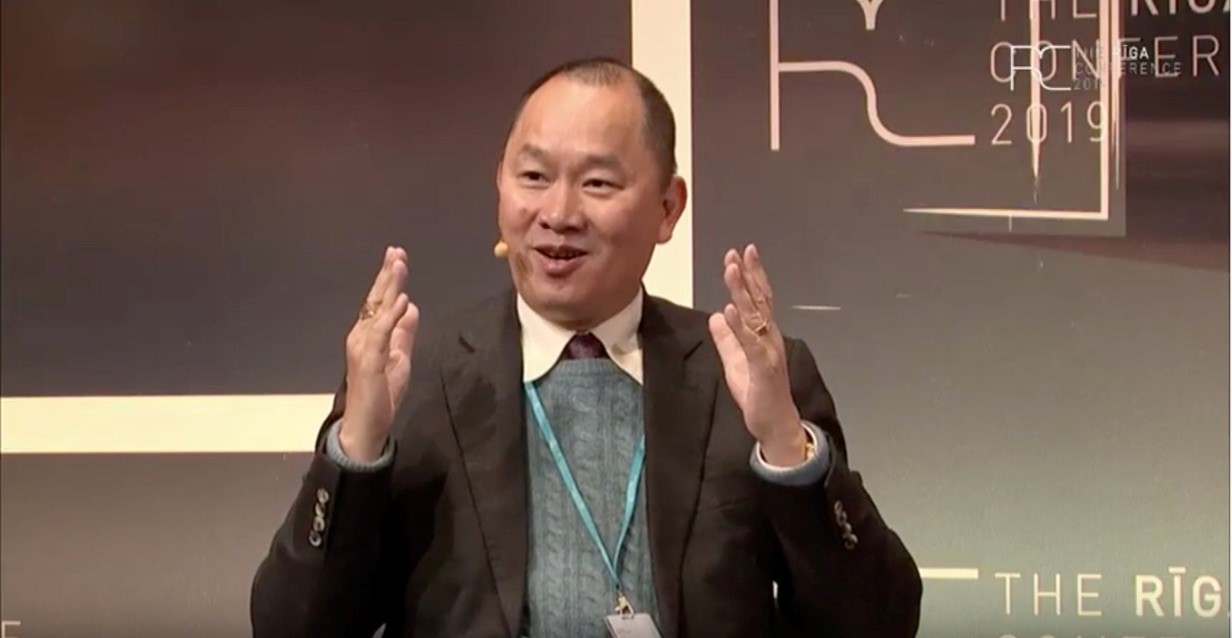
by Admin | May 5, 2020 | Chronicles
Nguyen Anh Tuan

The Social Contract 2020 sets the foundation for a new historical chapter: the emergence of AI societies. Governor Michael Dukakis stressed the importance of studying history to prevent past mistakes from repeating in the present and the future. I value his insight and would like to add that looking back at history is a way to shape and invent the future. We should not content ourselves with merely predicting the future; with AI as our tools, we can strive to innovate and organize it.
With that idea in mind, AIWS.net shall announce today May 5, 2020, a new project—The History of AI—as a companion to the Social Contract 2020. While many individuals and organizations study the history of AI already, AIWS will study the field from a different angle and with a different approach. Our approach will be cross-sectional with the following structure:
- Ideology, motivating ideas, methodology, model, and solutions in AI.
- AI inventions in science and technology
- AI applications in politics, government, economics, and society
The project aims to identify historical events, figures, and accomplishments, as well as lessons, documents, evidence, witness, and anecdotes, with the aim to study AI to shape the future of AI. The History of AI project will accompany the Social Contract. An AI Chronicle e-book version is available on AIWS’s website. There will also be AIWS House in Boston and on university campuses around the world.
The History of AI Board include Governor Michael Dukakis, Professor Judea Pearl (UCLA), Professor Alex Pentland (MIT), Nguyen Anh Tuan (Michael Dukakis Institute), Professor Nazli Choucri (MIT), Professor Thomas Patterson (Harvard University), Professor David Silbersweig (Harvard University), and Historian Chien Minh Le (President of Dalat University). The AI History Board will assess and identify historical events, figures, and achievements to feature in the AI.
Chronicle e-book, which will be updated monthly and reviewed annually. Our approach will be open-ended: based on our findings, we will develop research on the above criteria, and we invite individuals and organizations to contribute to the project by gathering documents, stories and participating in analysis.
The History of AI belongs to all citizens, and anyone who contributes their mind and efforts can shape it.
Together, we shall envision the Social Contract 2020, put it into practice, and invent the History of AI.

by Admin | Apr 19, 2020 | Chronicles
The History of AI” will be announced on May 5, 2020, at the Online AIWS Roundtable the Transatlantic Approaches on Digital Governance: A New Social Contract in Artificial Intelligence (AI) Age, which is organized by Boston Global Forum and World Leadership Alliance-Club de Madrid. Content will be posted on “the AI Chronicle” of AIWS.net starting June 6, 2020







